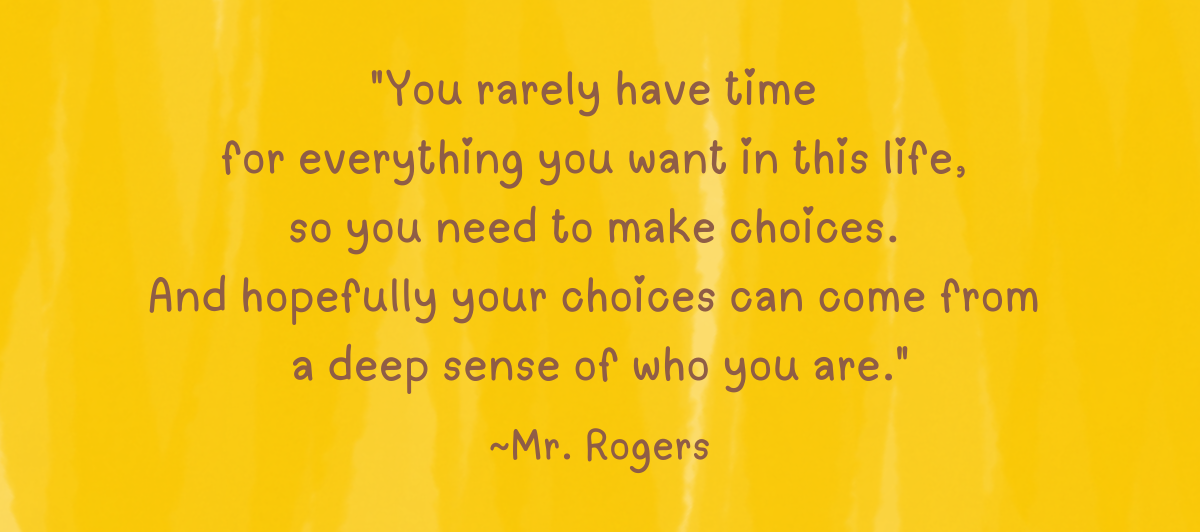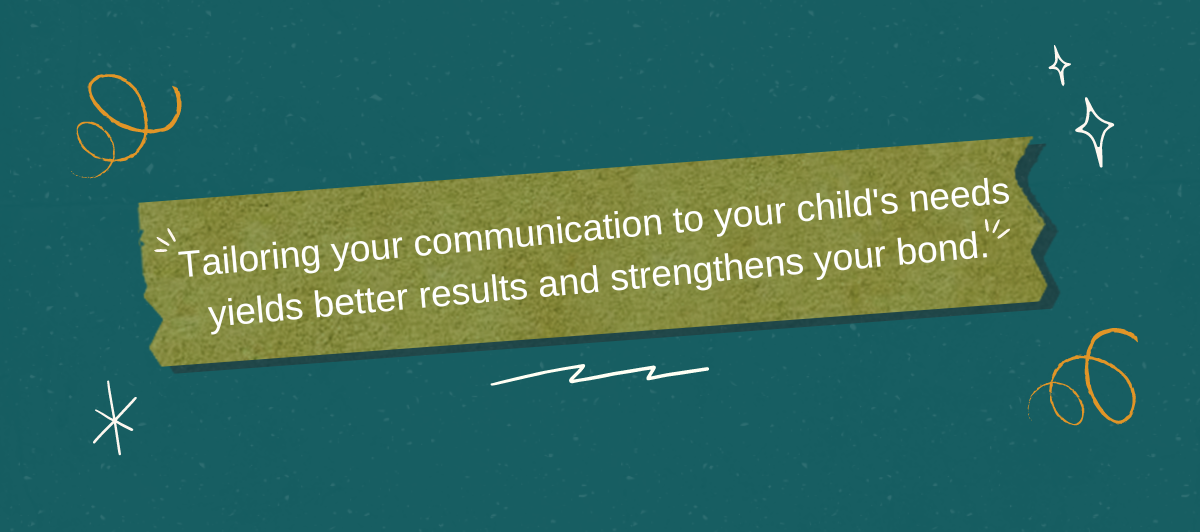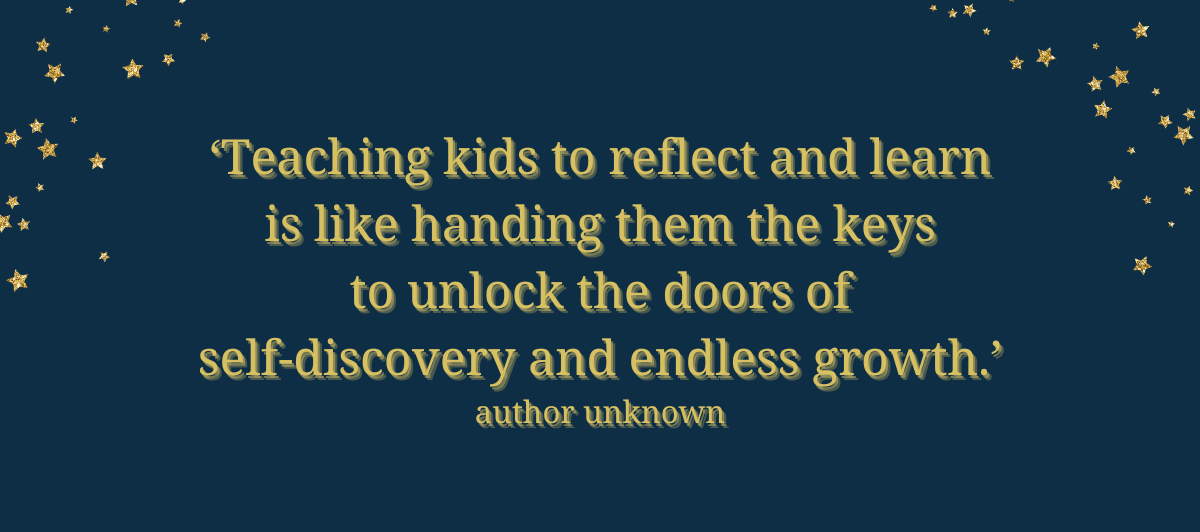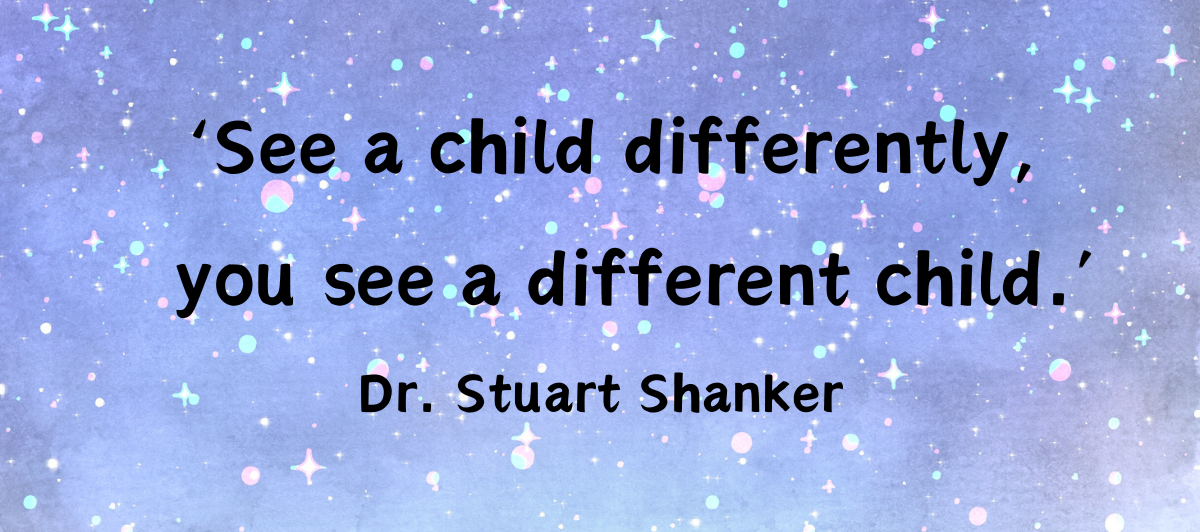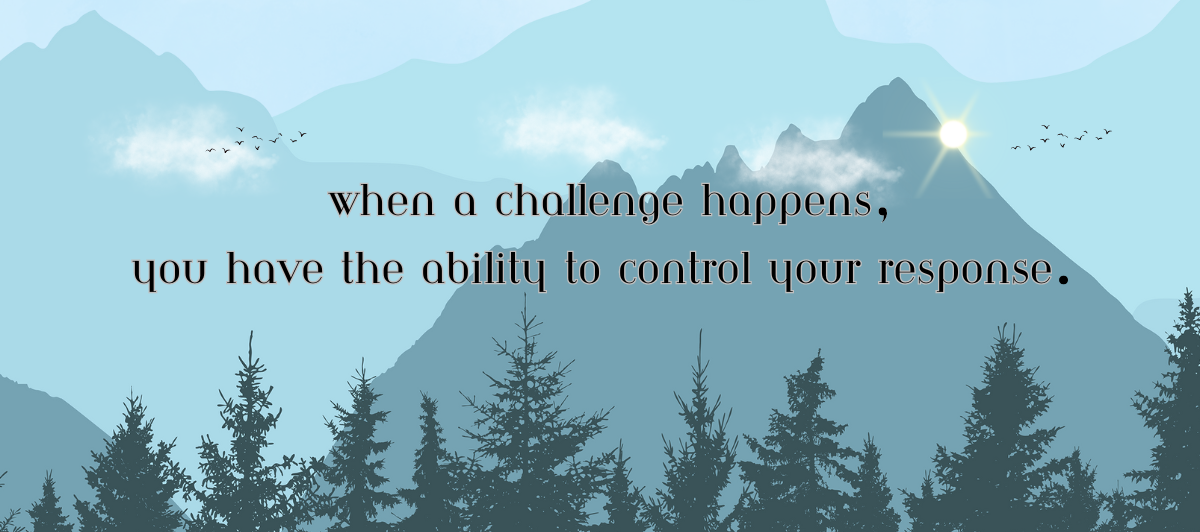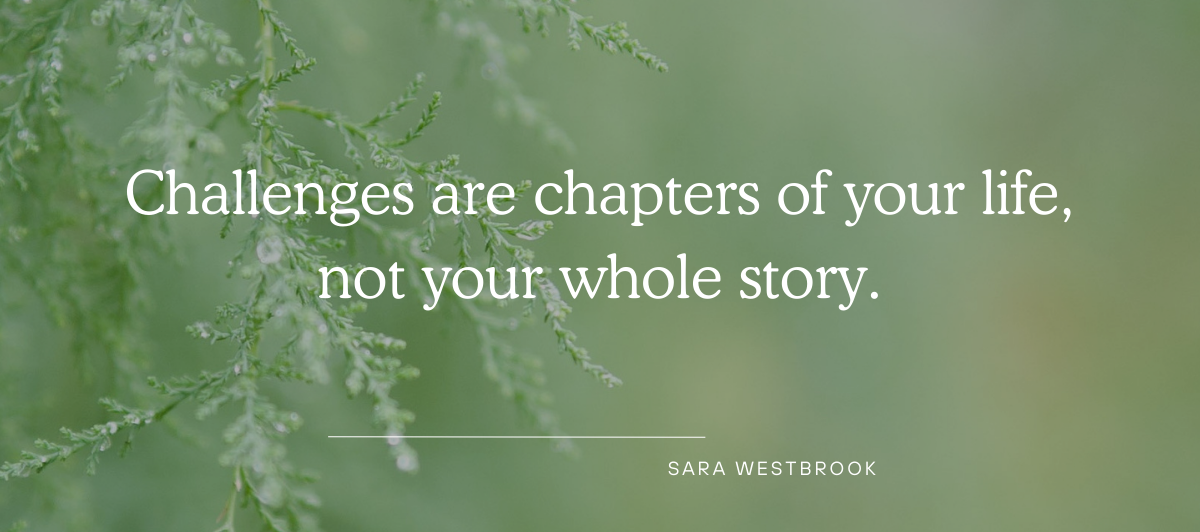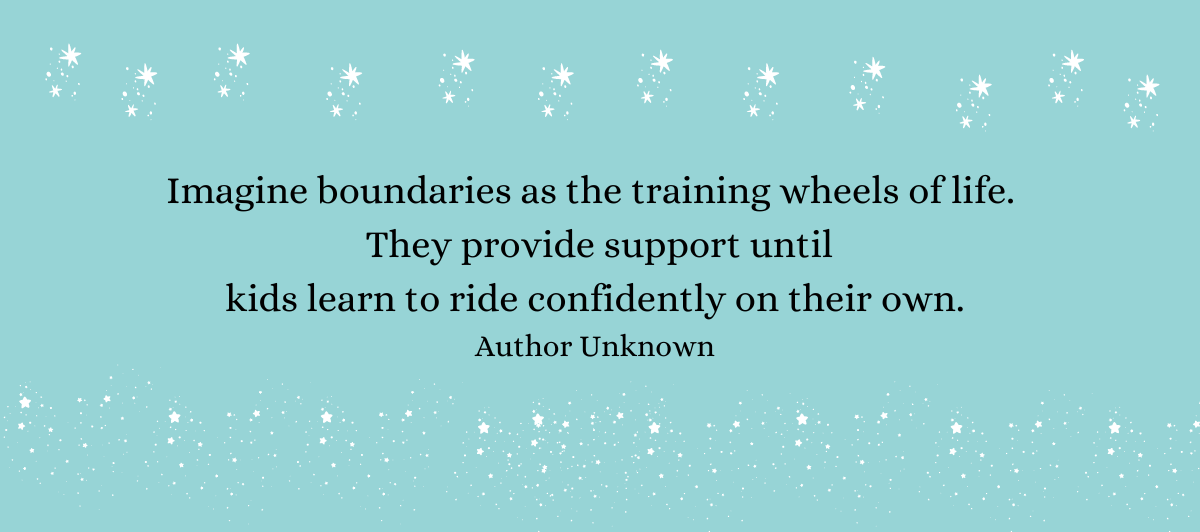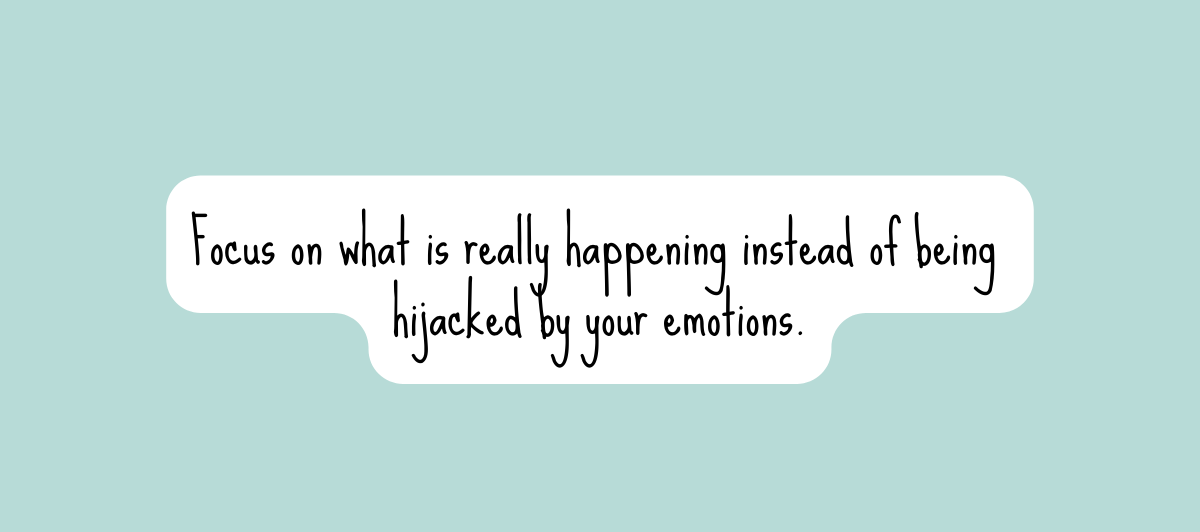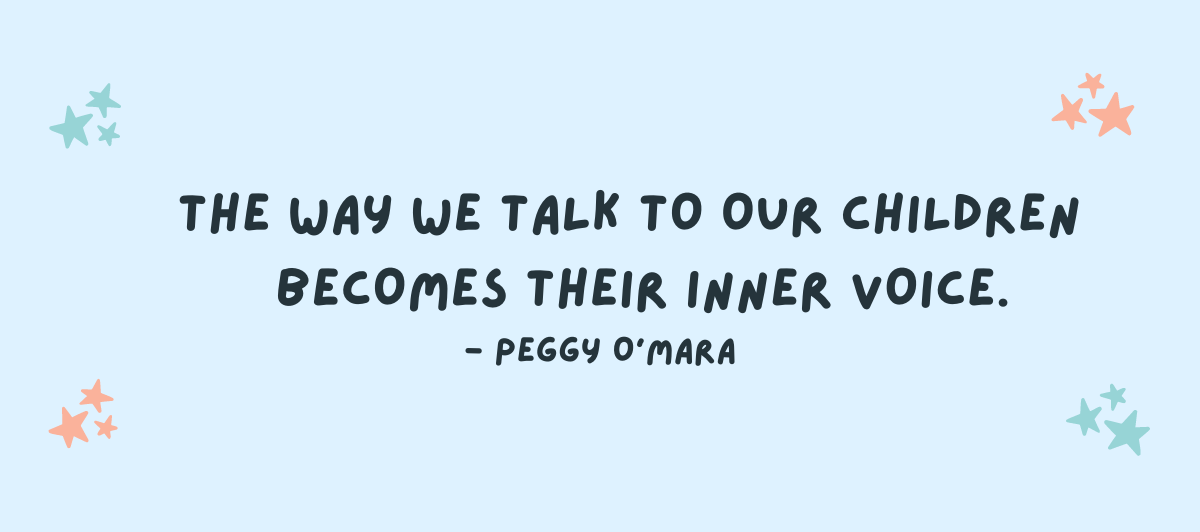

Does Your Anger Instill Fear in Your Child?
I am sharing this story with my mum’s permission:
As a child, when my mom would raise her voice or yell, it would fill me with anxiety. I remember when I was 11 years old, I interrupted her while she was on the phone. She turned around, looked at me and took a step forward with an angry expression. I was scared. This was not the first time, but for some reason this time was different. She noticed my fear.
She said, “Sara, how did I look to you?” That question gave me the courage to say, “You looked scary.” She replied, “I want you to reenact my facial expression and posture.”
I felt relief and surprise that my mom was genuinely interested in understanding how her anger instilled fear in me. I told her she looked like a ‘charging buffalo’.
She continued with, “I want you to tell me when you see me reacting that way. Sometimes I don’t realize I’m doing it. Call me the ‘charging buffalo’ when it happens. That will remind me of this moment and how you’re feeling.”
This not only gave me a voice but it also strengthened our connection. Our moments of despair turned into moments of repair, creating a significant shift in our relationship that day.
This is what I know: When you ask your child, “how do you feel when I yell or get angry?”, it gives them a voice and creates conversation and connection. It helps you have an awareness and understanding of how your behaviour affects your child. Being brave enough as a parent to look your child in the eye and say, ‘That must have been scary for you. Tell me how I looked. Tell me how you felt. I want to be different,’ creates a safe space for honesty and growth, fostering a deeper, more trusting relationship between you and your child.
Until next time…




